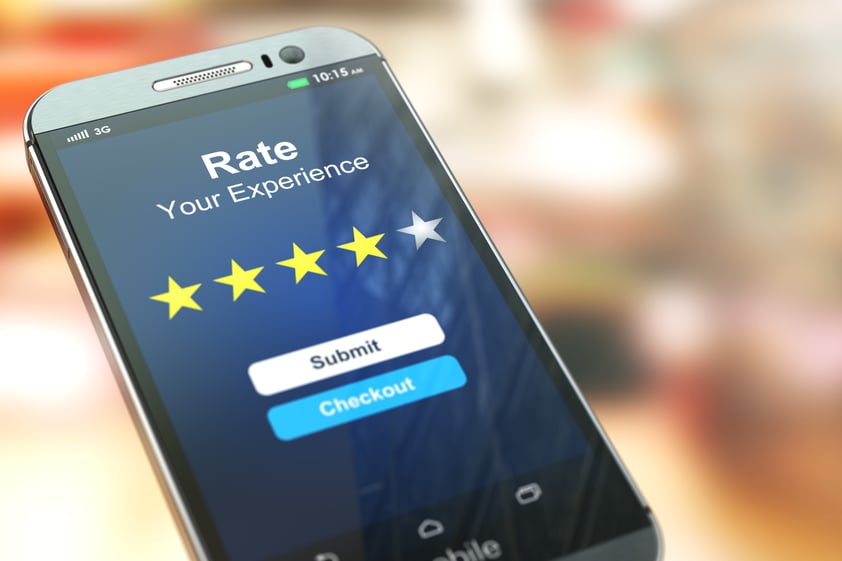
The restaurant business has always been a high-pressure enterprise. A single bad meal, botched order or unpleasant encounter with a surly waiter can alienate a once-loyal customer for life. The stakes today are exponentially higher, thanks to social media and the potential for online reviews to go viral and influence thousands of diners.
Despite the risk of significant negative impact, many restaurant chains take a passive approach to online slams, essentially hoping that if they ignore them they will go away. A rationale commonly given is that, for a major global chain, monitoring millions of comments on social media channels for any negative mention is simply impossible. Another excuse: rewarding negative reviewers with coupons for free meals or discounts sets a precedent and encourages more complaints.
However, while the task is certainly formidable, smart tools and effective processes can enable a small team to proactively and effectively monitor and respond to negative reviews and comments. Moreover, research suggests that restaurants that step up and make amends for bad meals or poor service are viewed favorably by consumers.
From a technology standpoint, cognitive applications that apply natural language processing and sentiment analysis capabilities can automatically monitor social media networks for any mentions of a restaurant brand, and flag those that contain negative or critical language. The tools can also analyze the nature of the comments and segment them into different categories of severity and potential risk, and then trigger appropriate responses. So, for example, mildly negative comments could trigger automated responses with, say, a coupon, while particularly harsh comments that are gaining traction on social media could be flagged for intervention by a human staffer.
An effective social media response program requires close collaboration between IT and marketing. For one thing, leveraging the capabilities of smart tools allows marketing teams to prioritize their response efforts and avoid becoming overwhelmed by a flood of comments. Moreover, IT service desk experience in incident management is relevant to developing processes around analyzing, categorizing and escalating online comments.
For more information on this topic, read my recent article in Modern Restaurant Management magazine or visit Softtek’s Restaurants Industry page.





















